In gastric sleeve surgery, also called vertical sleeve gastrectomy, a surgeon removes most of your stomach, leaving only a banana-shaped section that is closed with staples. Like gastric band surgery, this surgery reduces the amount of food that can fit in your stomach, making you feel full sooner. Taking out part of your stomach may also affect gut hormones or other factors such as gut bacteria that may affect appetite and metabolism. This type of surgery cannot be reversed because some of the stomach is permanently removed.
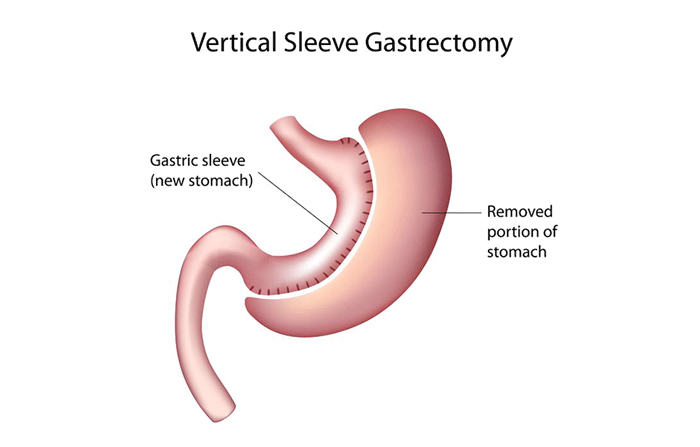
VSG surgery restricts food intake and decreases the amount of food used. Most of the stomach is removed during this surgery, which may decrease ghrelin, a hormone that prompts appetite. Lower amounts of ghrelin may reduce hunger more than other purely restrictive surgeries, such as AGB.
VSG has been performed in the past mainly as the first stage of BPD-DS (discussed earlier) in patients who may be at high risk for problems from more extensive types of surgery. These patients’ high risk levels are due to body weight or medical issues. However, more recent research indicates that some patients who have VSG can lose a lot of weight with VSG alone and avoid a second procedure. Researchers do not yet know how many patients who have VSG alone will need a second stage procedure.
*Results may not represent typical surgical outcomes. Every surgery and each patient undergoing bariatric surgery represents unique sets of circumstances and, therefore, results will vary.
To read more about the benefits of weight-loss surgery, visit the Weight-control Information Network (WIN) website, a national information service of the National Institute of Diabetes and Digestive and Kidney Diseases (NIDDK) of the National Institutes of Health (NIH), which is the Federal Government’s lead agency responsible for biomedical research on nutrition and obesity.
*Results may not represent typical surgical outcomes. Every surgery and each patient undergoing bariatric surgery represents unique sets of circumstances and, therefore, results will vary.
This content is provided as a service of the National Institute of Diabetes and Digestive and Kidney Diseases (NIDDK), part of the National Institutes of Health. The NIDDK translates and disseminates research findings through its clearinghouses and education programs to increase knowledge and understanding about health and disease among patients, health professionals, and the public. Content produced by the NIDDK is carefully reviewed by NIDDK scientists and other experts. The NIDDK would like to thank: Walter Pories, M.D.‚ FACS‚ Brody School of Medicine at East Carolina University; Thomas Inge‚ M.D.‚ Ph.D.‚ FACS‚ FAAP‚ Cincinnati Children’s Hospital Medical Center.
Ready to start a new weight loss journey? Call today to learn more: 469-329-3700.










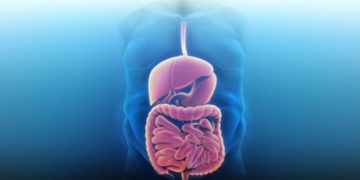

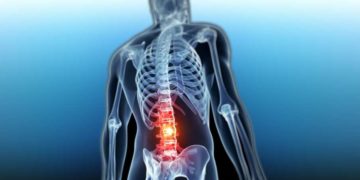
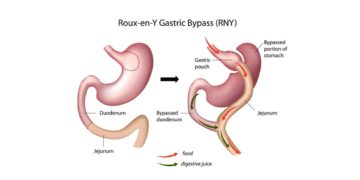





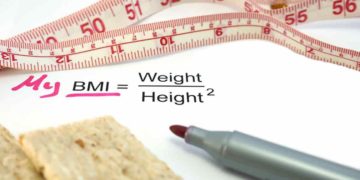




 Your Information will never be shared with any third party.
Your Information will never be shared with any third party.